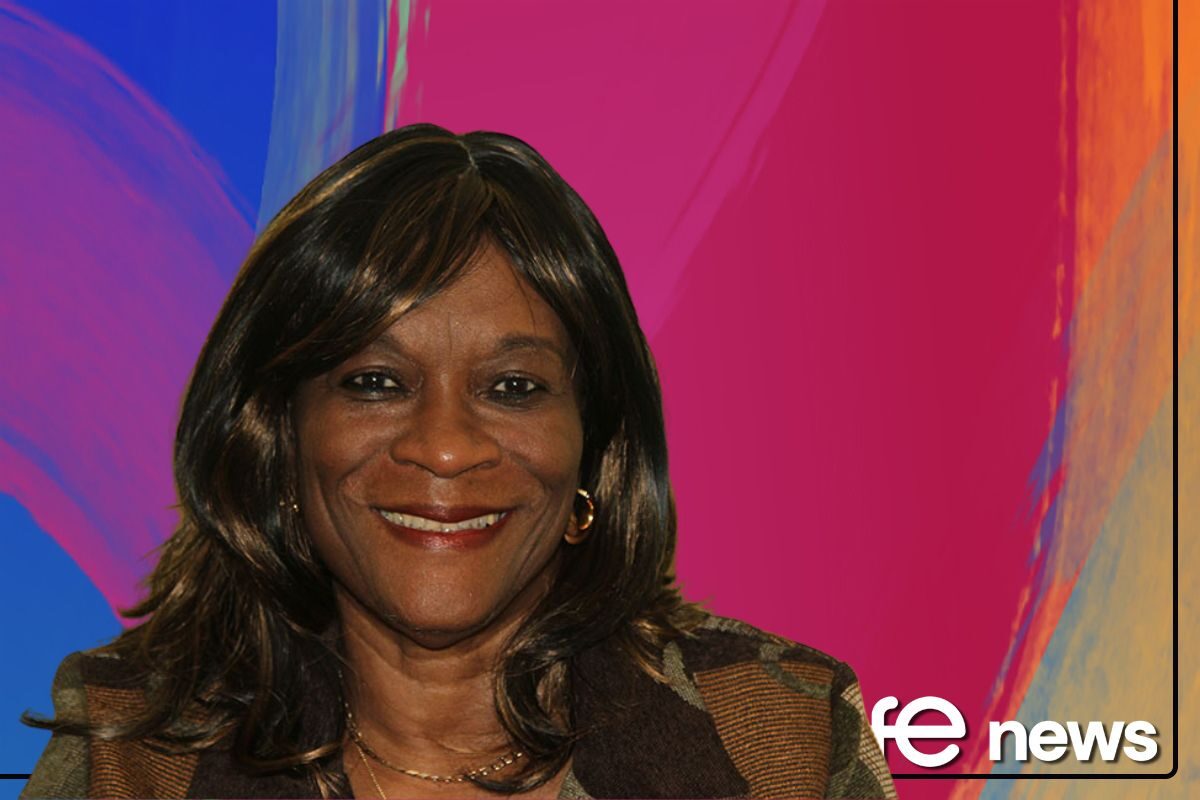We shouldn’t need catalysts to eradicate racism

Today marks the anniversary of the death of George Floyd, a 46-year-old black man killed in a US street by a white police officer. This wasn’t the catalyst for change we hoped it would be in eradicating systemic racism, says Stella Ngozi Mbubaegbu CBE, Director of the Black Leadership Group. In this article, Stella argues that catalysts cannot be the driver for progress on anti-racism.
On 25 May 2020, George Floyd, a 46-year-old black man, was murdered in a street in Minneapolis. A white police officer knelt on George’s neck for nine minutes and 29 seconds as he lay face down, handcuffed and helpless, ultimately killing him.
The horror was captured on video and shared across the globe. It was a seemingly world-defining moment, and the outcry that followed seemed to catalyse efforts to eradicate racism. It appeared to give momentum to movement and individuals and organisations came out in force to voice their good intentions to help stamp out racism.
Against the backdrop of the relentless ravages of the Covid pandemic that underscored human frailty, we looked in the mirror, saw ourselves for who and what we really are. We vowed to do better, to change the course of history. Racial and social justice became an imperative.
Today, on the third anniversary of George Floyd’s death, we may well ask if George’s murder was a catalyst for sustained change. After all, we fought Covid and won. Needless to say, we have not won the war against racism. We do not yet live in an anti-racist world.
Sadly, for those of us campaigning on anti-racism, the underwhelming impact of ‘catalysts’ is nothing new. We have been here before. We are approaching the 10th anniversary of the Black Lives Matter (BLM) movement which began in July 2013 following the fatal shooting of African-American teenager Trayvon Martin. More high profile incidents followed in the US, such as the death of Eric Garner in New York, and in other parts of the world.
Of course, in the UK, a decade before the birth of the BLM movement, the death of Stephen Lawrence in 1993 in a racially motivated attack, and then the subsequent mishandling of the investigation by the Metropolitan Police Service, sparked outrage. Was this the catalyst for rooting out systemic racism in the UK? The 1998 public inquiry by Sir William Macpherson found the Met Police to be institutionally racist. Surely we would now see a fierce determination among those in leadership roles in public and private sectors to eradicate systemic racism.
At the Black Leadership Group conference in March we heard from keynote speaker Nazir Afzal OBE, who led an independent culture review of London Fire Brigade. In the conclusion to his report on LFB, published in 2022, Nazir said his review ‘found evidence that supports a finding that LFB is institutionally misogynist and racist’.
It was as if the Macpherson Inquiry and Report had never happened. There have been many other reports since the LFB report. The findings are the same – racism is endemic in our public and private institutions.
We are not short of events in history that, when they occurred, were considered triggers for action. In the immediate aftermath, with emotions high, meaningful statements were made about ensuring the tragedy would spark change for the better. Positive steps in the right direction would often follow. Aside from the horror of the events themselves, however, the overwhelming feeling, when considering these events together, is one of profound disappointment and of missed opportunities.
We shouldn’t need catalysts, of course. The moral case against racism is so strong that you would hope, as individuals and organisations, we give this issue the attention it deserves. If the moral imperative were not already enough cause for action, the societal and economic arguments for a diverse and fair world are also compelling.
The anniversary of George Floyd’s death will not be a catalyst for a redoubling of efforts to eradicate racism. At the very least, however, it is a chance to remind people how much more we need to do if we are to create a world free of racism. It is another chance to look ourselves in the mirror and perhaps, in turning away, to not immediately forget what we look like. The fight goes on.
By Stella Ngozi Mbubaegbu CBE, Director, Black Leadership Group UK
FE News on the go…
Welcome to FE News on the go, the podcast that delivers exclusive articles from the world of further education straight to your ears.
We are experimenting with Artificial Intelligence to make our exclusive articles even more accessible while also automating the process for our team of project managers.
In each episode, our thought leaders and sector influencers will delve into the most pressing issues facing the FE sector, offering their insights and analysis on the latest news, trends, and developments.











Responses